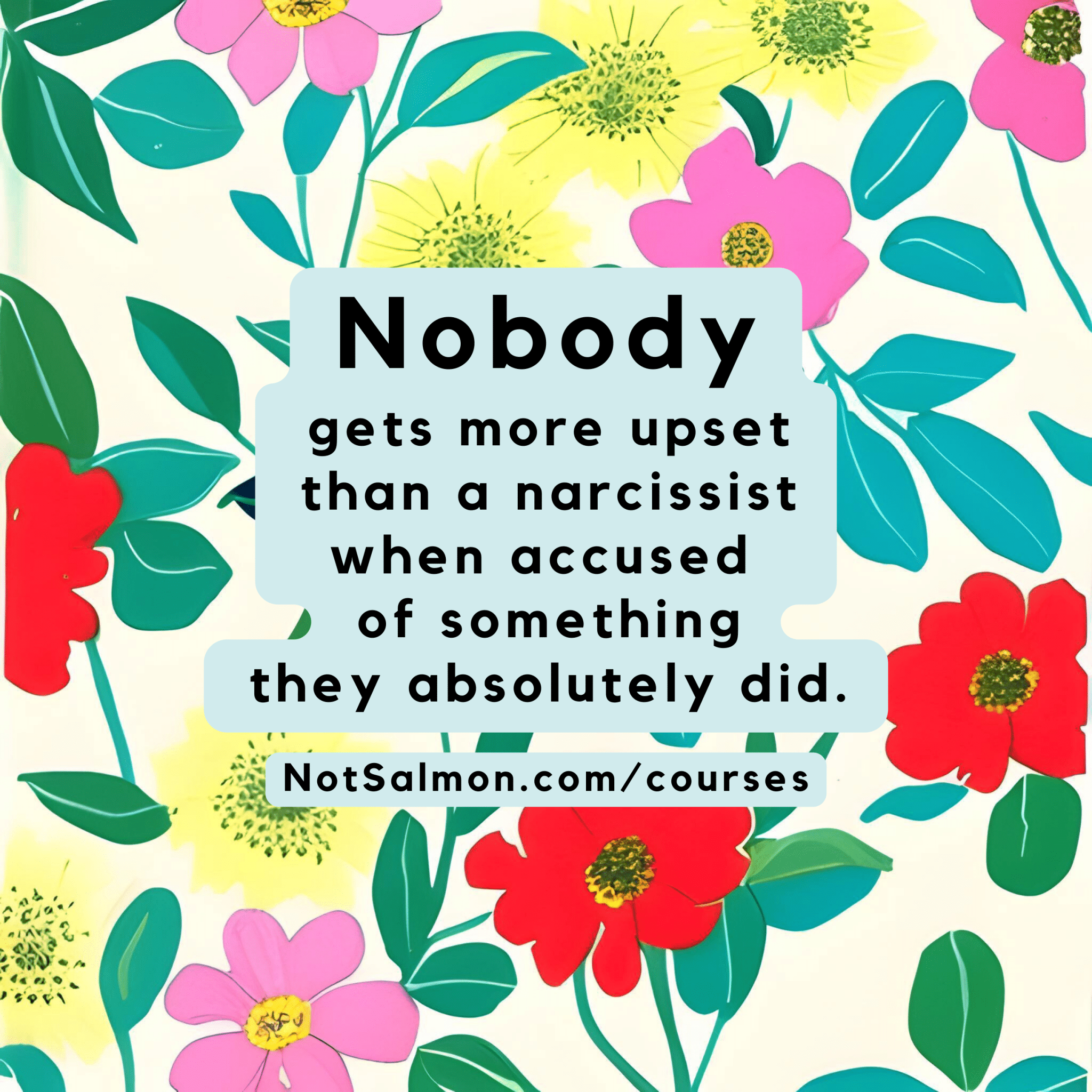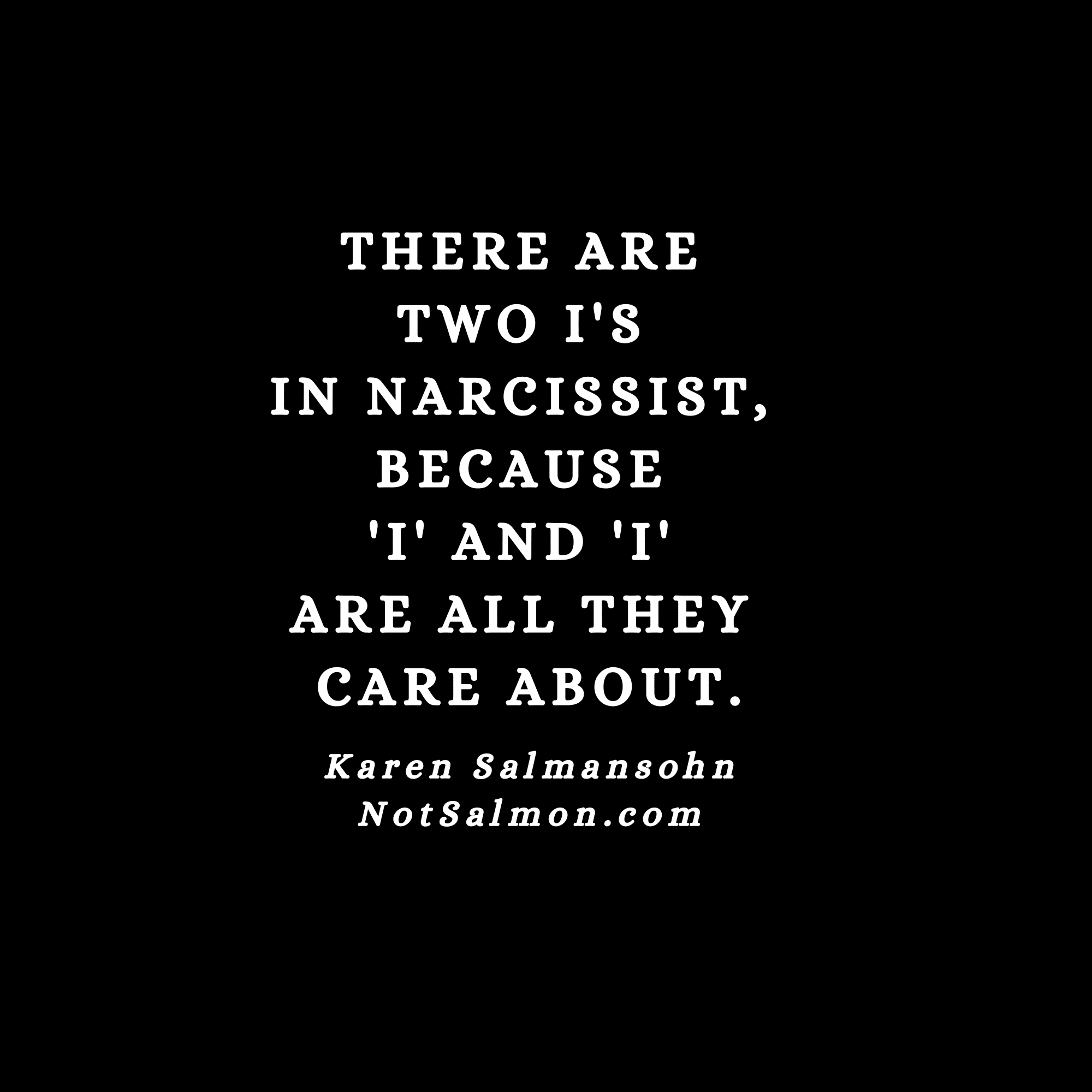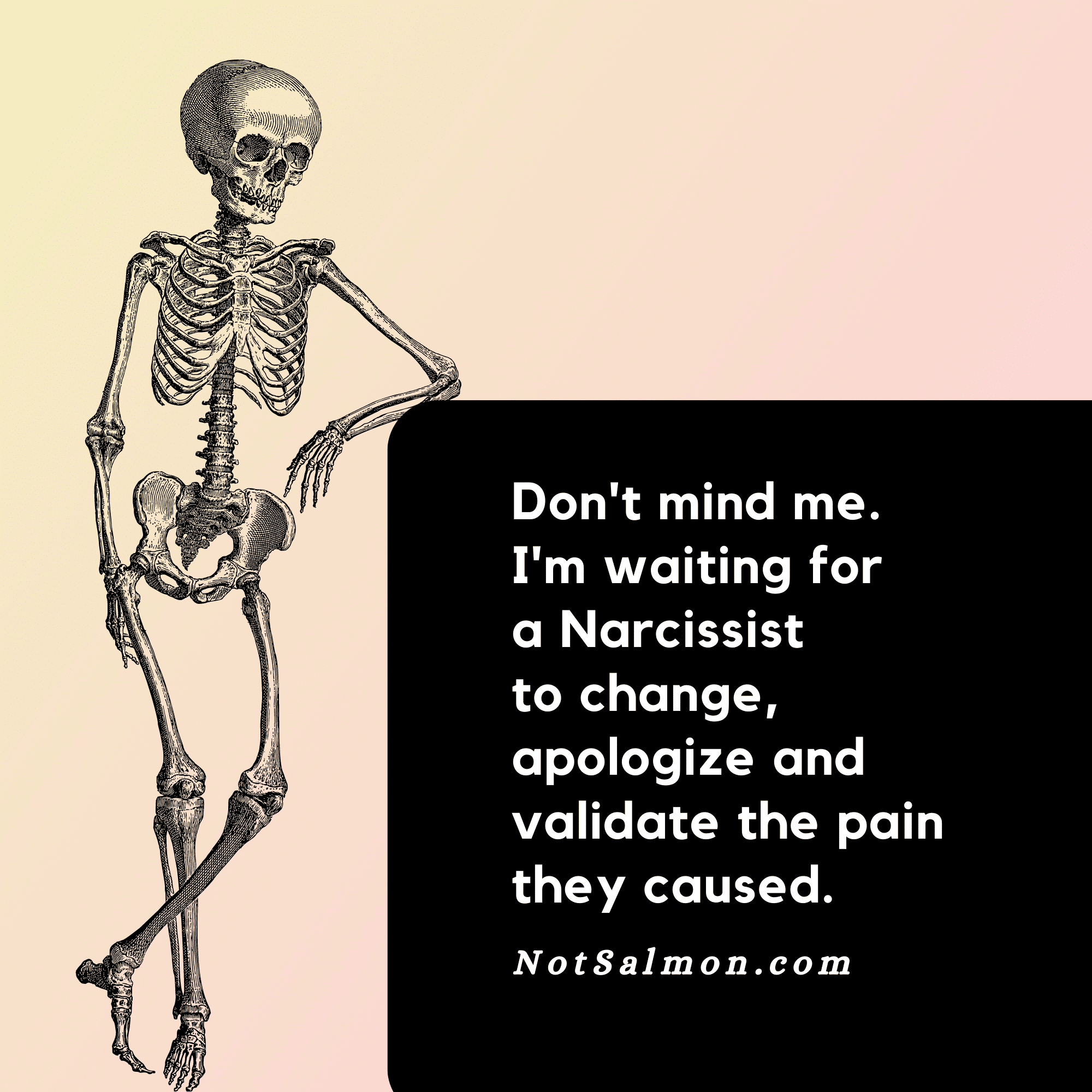 Knowing whether your partner is a narcissist or not is key to taking the all-important next steps to deal with your situation.
Knowing whether your partner is a narcissist or not is key to taking the all-important next steps to deal with your situation.
In a world where relationships can be beautifully complex, some encounters go beyond the usual ups and downs. These relationships might involve individuals with narcissistic tendencies.
Understanding the signs and dealing with a narcissistic partner can be challenging but could help you get in touch with family law solicitors in Brighton. If you find yourself questioning your partner’s behavior and are concerned about their narcissistic traits, it’s essential to explore this further.
I’m writing this article because I am a bestselling relationship author of Prince Harming Syndrome (a book which earned me a relationship column on Oprah).
Plus I’m also the founder of the therapist-recommended Broken Heart Recovery Course – and I’ve coached thousands of people through the labyrinth of emotional recovery from a narcissist.
Basically, I’m an expert of narcissistic abuse and passionate about delving into the psychology behind narcissistic behaviors and their impact on their partner in a relationship.
So let’s get started!
Understanding Narcissism in Relationships
In this article, we will examine what narcissism is and how it can manifest in a relationship. We will also provide guidance on handling such a situation and seeking assistance if needed.
First things first… Narcissism is a personality trait that exists on a spectrum, ranging from healthy self-confidence to a pathological self-centeredness. Narcissistic Personality Disorder (NPD) is a mental health condition characterised by an extreme form of narcissism.
While not everyone with narcissistic traits has NPD, these traits can significantly impact relationships.
16 signs of narcissism in a partner include:
 1. Excessive Self-Centeredness
1. Excessive Self-Centeredness
Narcissistic partners often prioritise their own needs, desires, and concerns. They may frequently disregard your feelings or perspectives. This self-centeredness can create an emotional imbalance in the relationship.
2. Need for Admiration
One of the most noticeable traits is their constant desire for admiration and validation. They may expect compliments, special treatment, or agreement with their viewpoints. This can lead to emotional exhaustion for their partners, who feel like they’re constantly providing emotional support.
3. Lack of Accountability
A narcissistic partner tends to avoid taking responsibility for their mistakes and shortcomings. Blaming others, including you, is a common defence mechanism. This can lead to unresolved issues and conflicts in the relationship.
4. Manipulation and Control
To maintain their desired level of admiration and control, narcissistic partners may employ manipulative tactics. These can include emotional manipulation, guilt-tripping, or gaslighting. You may find yourself questioning your own perceptions and feelings in such situations.
5. Difficulty Handling Criticism
Narcissists often react poorly to criticism. Constructive feedback can be perceived as a personal attack, leading to anger, defensiveness, or even withdrawal. As a result, open and honest communication can become a significant challenge in the relationship.
6. Fragile Self-Esteem
Surprisingly, beneath the grandiose exterior, many narcissists have a fragile self-esteem that’s easily wounded. This can result in overreactions to perceived slights or criticism, further complicating the relationship dynamics.
7. Dealing with a Narcissistic Partner
 If you suspect your partner has narcissistic traits, here are some strategies to consider:
If you suspect your partner has narcissistic traits, here are some strategies to consider:
8. Clearly Defined Boundaries
Start by defining your personal boundaries – what behaviour is acceptable and what isn’t. For example, you might set boundaries around respect, communication, or emotional support.
9. Effective Communication
Communicate your boundaries clearly but calmly. Use “I” statements to express how certain behaviours make you feel. For example, say, “I feel hurt when you dismiss my opinions” instead of “You always ignore me.”
10. Consistent Enforcement
Enforcing consequences for boundary violations is key. This might mean taking a break from the interaction or seeking outside support. The consistency of enforcement is crucial for the boundaries to be respected.
11. Self-Preservation
Remember that setting boundaries is not about changing your partner but about preserving your emotional well-being. Boundaries are there to protect you, not to manipulate or control your partner.
12. Prioritizing Self-Care
 Self-care is your lifeline when dealing with a narcissistic partner. Here’s how you can take care of yourself:
Self-care is your lifeline when dealing with a narcissistic partner. Here’s how you can take care of yourself:
13. Build a Support Network
Cultivate relationships with friends, family, or support groups who understand your situation. Sharing your experiences and feelings can be incredibly therapeutic.
14. Engage in Stress-Relief Activities
Find activities that help you manage stress and maintain your emotional well-being. This might include exercise, hobbies, meditation, or relaxation techniques.
15. Professional Help
Consider individual therapy to cope with the emotional toll of the relationship. A trained therapist can provide you with tools to handle your specific situation.
16. Education
Knowledge is empowering. Learn more about narcissism, its traits, and its impact. This can help you understand and navigate the behavior of your partner more effectively.
Knowing if your partner is a narcissist…
Dealing with a narcissistic partner can be emotionally draining, and it’s essential to prioritise your own well-being. Remember that you deserve a healthy and loving relationship. Seek support, either from a therapist or a legal professional, as necessary.
It’s crucial to recognize when a relationship is no longer sustainable and to take the steps needed to protect yourself and your future.
If you want a deeper exploration of how to heal your heart after a post-narcissistic relationship…
Think happier. Think calmer.
Think about subscribing for free weekly tools here.
No SPAM, ever! Read the Privacy Policy for more information.
One last step!
Please go to your inbox and click the confirmation link we just emailed you so you can start to get your free weekly NotSalmon Happiness Tools! Plus, you’ll immediately receive a chunklette of Karen’s bestselling Bounce Back Book!


 Knowing whether your partner is a narcissist or not is key to taking the all-important next steps to deal with your situation.
Knowing whether your partner is a narcissist or not is key to taking the all-important next steps to deal with your situation. 1. Excessive Self-Centeredness
1. Excessive Self-Centeredness If you suspect your partner has narcissistic traits, here are some strategies to consider:
If you suspect your partner has narcissistic traits, here are some strategies to consider: Self-care is your lifeline when dealing with a narcissistic partner. Here’s how you can take care of yourself:
Self-care is your lifeline when dealing with a narcissistic partner. Here’s how you can take care of yourself: